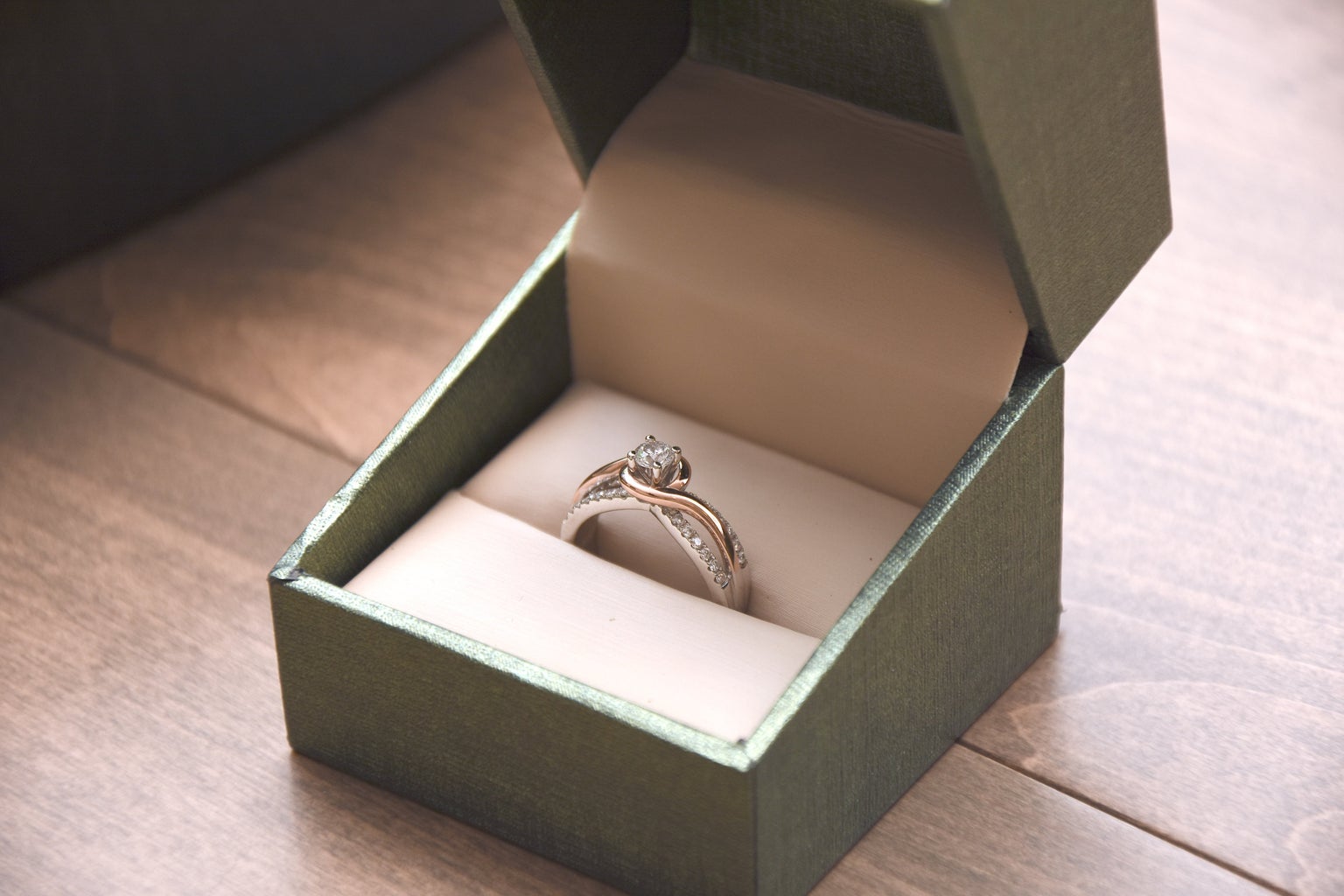If you’re like me, an avid Gen Z TikTok watcher, this week your for you page has been littered with controversy surrounding the popular podcast ‘Growing Paynes’ and the hotly debated question of whether women should still take a man’s last name.
Presented by influencer Faith Kelly and her partner Ethan Payne (commonly known as Behzinga from the Sidemen), this episode saw the pair discuss why Payne considered Kelly’s adoption of his last name as an unequivocal condition for their marriage.
In the short clip uploaded to their TikTok page, Payne argues that taking a husband’s last name is ‘how it should be done’. Later her proclaims that in not taking his name Kelly is only
‘half being my wife’
Because Kelly carrying their child for nine months wasn’t already enough…
In spite of an overwhelmingly critical response from their viewers, with comments claiming that Payne’s language was a ‘red flag’ and asking why men are ‘so threatened by a name’, Payne’s words encourage us to reexamine why (according to a 2016 survey) 90% of women would still take their husbands’ last name?
Across society in the last two decades, the shifts we have observed in the cultural expectations set upon women have been profound. In recent years, Millennials and Gen Z alike have adopted terms like ‘girl boss’ (a relative of the earlier ‘career woman’) whilst observing a huge surge in the presentation of seemingly independent and widely successful women across our screens, with the likes of Shiv Roy (Succession) or Olivia Pope (Scandal) – both of whom navigated romance, careers and their 30s without totally buckling to the demands of the men they encounter.
Yet, despite aiming to reflect the societies we belong to, these women ultimately belong to a fictional world and do not always face the omnipotent tides of social expectations us real women must navigate.
This binary, between the media we watch and listen to and the reality women face begs the question, have we culturally progressed as far as the internet thinks? With 60% of TikTok users being Gen Z, how far is the reaction to Payne and Kelly’s podcast an accurate reflection of women who are currently facing marriage?
Payne’s comments that Kelly taking his name is ‘how it should be done’ encourages us to see how traditional tropes remain so enduring in the male psyche and that the need for a wife to send a semiotic signal that her identity is imbued in his, stands against the test of time.
Even when asking male students (19) at the University of Bristol, this was echoed. Male students claimed that they ‘would not look forward to’ reactions to either she or he having a double barrel name and that they would consider it a signal that ‘she didn’t want to associate’ with their partner.
However, even in 2023, this undercurrent of male fantasy of ownership and possession is ultimately rather unsurprising to most women. Whilst Payne certainly may have shocked the world with his rather brutal and public honesty, the secret and often even subconscious fragility of the male identity which must (of course) be propped up by a woman, doesn’t fully explain why, in an era of choice, women continue to choose to take a man’s name.
Even in some of the most famously gender equal countries, such as Norway, only 20% of women would say they would keep only their last name.
To fall back on the argument that women simply warp themselves and their decisions around the desires of such men is just too simple in today’s society. Of course, across the world women still live in fear of repercussions, but to classify all women who make the choice to take a man’s name as doing so because they are expected to, is unfathomably reductive.
Perhaps then, as we increasingly observe how capitalism has not benefitted all women equally and terms like ‘girl boss’ are being pulled from the internet’s ever changing revolver of favored terms, women are making the active choice to reject late 20th century feminism.
When asked, a female 19 year old Bristol student stated that despite having no ‘pressure from family’ she would want her future family ‘to all have the same name’ whilst another furthered this, saying that if her kids had her partners name she would similarly want to ‘share that name as a family’.
Increasingly, feminism is becoming a broader church with a plethora of competing views and the trends of rejecting traditionalism cannot be considered the ultimate proclamation of one’s power.
Instead, as we shift into a new wave of feminism which casts its net across broader themes of inclusivity, empowerment and intersectionality perhaps what matters most is not whether women are expected to take a man’s last name, but that we embrace whatever decision they choose to make.



